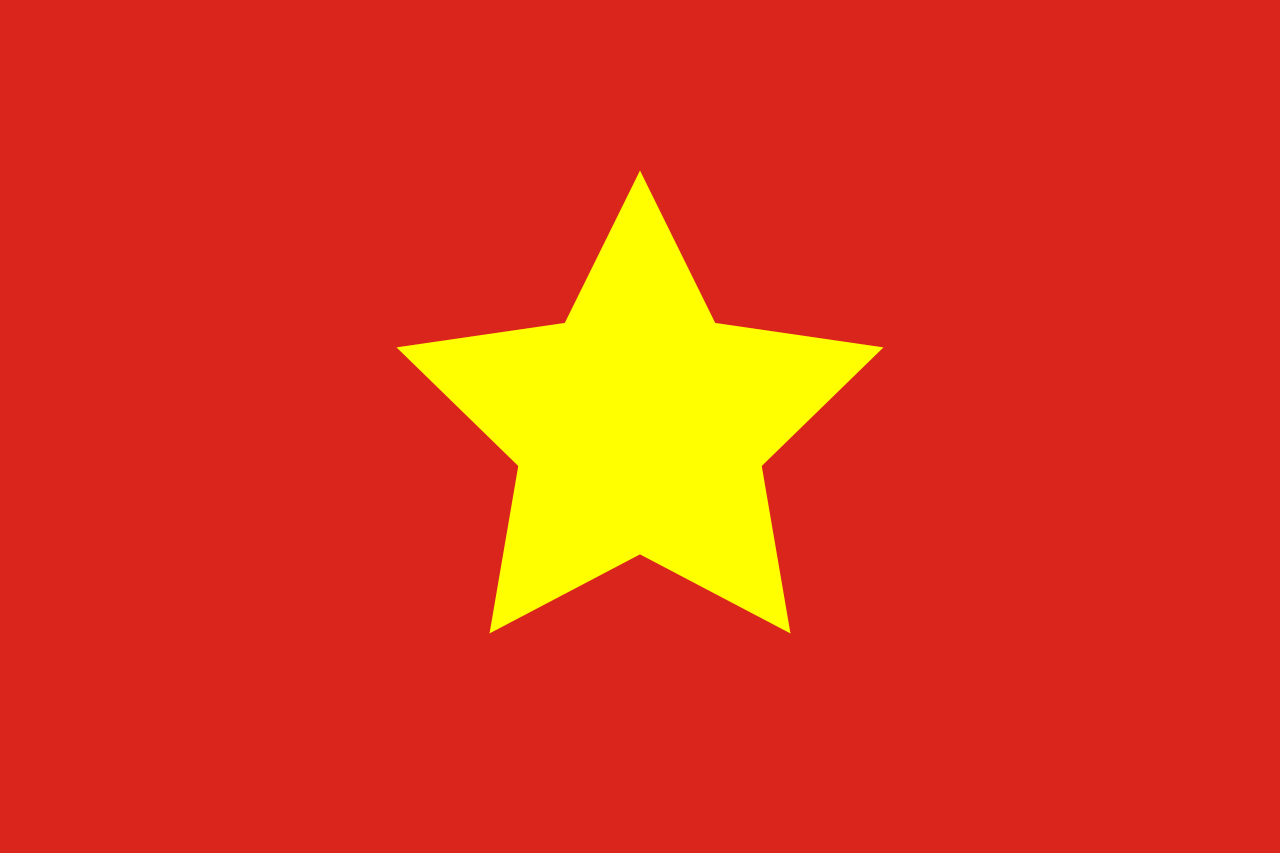Vietnam Becomes World’s Fourth Largest Textile Exporter
By Edward Barbour-Lacey, Dezan Shira & Associates
Posted: 10th July 2015 10:12
According to the Vietnam National Textile and Garment Group (Vinatex), Vietnam has become the world’s fourth largest textile exporter. In the first half of this year, the country earned an estimated US$12.18 billion from these products – a year on year (YOY) increase of 10.26 percent. The industry is well on its way to meeting its 2015 export target of US$27-27.5 billion.The three largest importers of Vietnamese products were:
- United States – with a YOY growth rate of 11.01 percent
- South Korea – with a YOY growth rate of 8.33 percent
- European Union – with a YOY growth rate of 8.2 percent
Vietnam signed an FTA with the Eurasian Customs Union. This FTA covers such areas as trade, customs facilitation, intellectual property, investment, rules of origin, and the lifting of legal and technical barriers to trade.
Additionally, Vietnam is also currently in negotiations for two more trade agreements, one with the US, and one with the EU. Once finished, the EU-Vietnam FTA is expected to cover such areas as investment, environment, competition, and sustainable development, as well as reducing tariffs. Vietnam is also part of the US-led negotiations on the Trans-Pacific Partnership(TPP), a massive trade deal that will result in significantly reduced tariffs for all of the signatory countries. Upon completion, the TPP trade area would comprise a region with US$28 trillion in economic output, making up around 39 percent of the world’s total output.
Not just a one-trick pony
Despite the country’s success in the textile industry, Vietnam is keen to expand other business areas and reduce its reliance on one main industry. The country is also eager to move away from simply assembling products to more value-added types of activities in order to keep income levels rising in the country.
If the country fails to expand its economic focus, it risks falling into the dreaded“middle income trap”, an economic situation where a country is able to achieve a certain level of income but finds it impossible to move beyond that amount. Economic growth in the country stagnates as a result.
According to official government development plans, certain industries will be prioritized in the future, these include the processing and manufacturing industries, the electronics and telecommunications industries, as well as the new energy and renewable energy industries.
In addition, Vietnam is also seeking to improve its general business environment in order to make the country more attractive to foreign investors. Chief among these changes, the government is removing over 3,000 legal requirements for businesses through amendments to the country’s Law on Business and Law on Investment. Other changes include the modernization of payment systems; for example, it is now possible to use e-payment for such things as import and export duties.
This article was first published on Vietnam Briefing.
Since its establishment in 1992, Dezan Shira & Associates has been guiding foreign clients through Asia’s complex regulatory environment and assisting them with all aspects of legal, accounting, tax, internal control, HR, payroll and audit matters. As a full-service consultancy with operational offices across China, Hong Kong, India and emerging ASEAN, we are your reliable partner for business expansion in this region and beyond.
For inquiries, please email us at info@dezshira.com. Further information about our firm can be found at: www.dezshira.com.




Comments